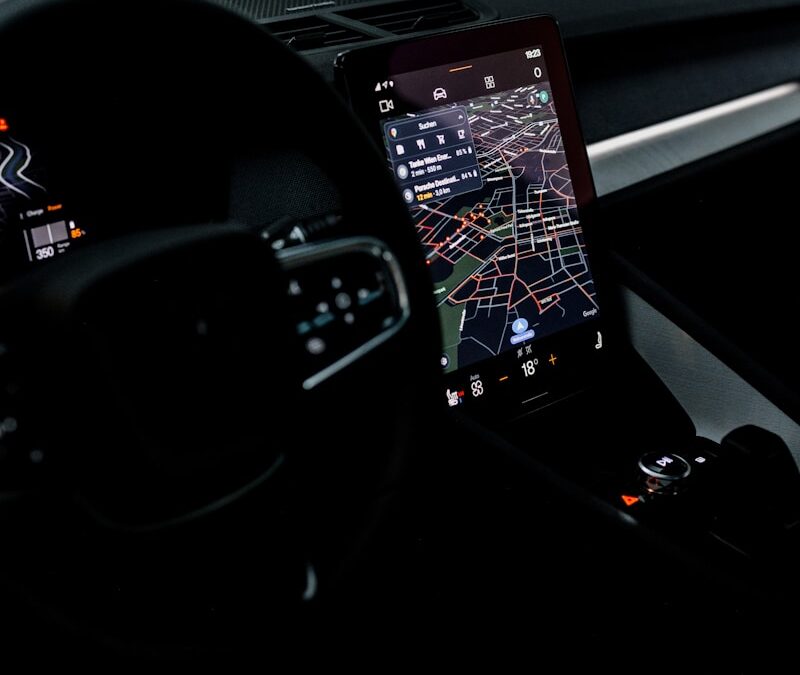Strategies for Ensuring Safe and Progressive Autonomous Vehicle Integration in Saudi Arabia and the UAE
Balancing Innovation and Safety in Autonomous Vehicle Technology is a critical challenge for policymakers as they strive to harness the benefits of this transformative technology while ensuring public safety. In forward-thinking regions like Saudi Arabia and the UAE, where technological advancement is highly prioritized, developing policies that support innovation without compromising safety is essential. This article explores the strategies policymakers can adopt to achieve this balance effectively.
One key aspect of these regulatory frameworks is the requirement for rigorous testing and validation. Autonomous vehicles must undergo extensive trials in controlled environments to assess their performance under various conditions. These tests should evaluate the vehicles’ ability to handle complex traffic scenarios, weather conditions, and unexpected obstacles. By mandating thorough testing, policymakers can ensure that only vehicles that demonstrate high levels of safety and reliability are approved for public use.
Moreover, regulatory frameworks should be adaptable to accommodate the rapid pace of technological advancements. As autonomous vehicle technology evolves, regulations must be updated to reflect new capabilities and emerging risks. This dynamic approach allows policymakers in Riyadh and Dubai to stay ahead of technological developments and maintain robust safety standards without stifling innovation.
Encouraging Collaboration and Public Engagement
Collaboration between government agencies, industry leaders, and academic institutions is essential for fostering innovation while ensuring safety. In the UAE and Saudi Arabia, forming partnerships with technology companies and research organizations can provide valuable insights into the latest advancements and best practices. These collaborations enable policymakers to develop informed regulations that support innovation and address potential safety concerns.
Public engagement is another critical component of effective policy development. By involving the public in discussions about autonomous vehicle technology, policymakers can gain a better understanding of societal attitudes and concerns. Public consultations, workshops, and educational campaigns can help inform citizens about the benefits and risks of autonomous vehicles, fostering a sense of trust and acceptance. This engagement is particularly important in regions like Dubai, where the rapid adoption of new technologies can sometimes outpace public understanding.
Furthermore, transparency in policymaking processes can enhance public confidence. By openly sharing information about regulatory decisions, testing outcomes, and safety measures, policymakers can demonstrate their commitment to protecting public safety while promoting technological progress. This transparency helps build a collaborative relationship between regulators, industry stakeholders, and the public, ensuring that all parties work together towards a common goal.
Implementing Continuous Monitoring and Improvement
Continuous monitoring and improvement are crucial for maintaining a balance between innovation and safety. In Saudi Arabia and the UAE, establishing systems for ongoing oversight and evaluation of autonomous vehicle operations is essential. These systems can track the performance of autonomous vehicles in real-world conditions, identify potential safety issues, and implement corrective actions as needed.
Real-time data collection and analysis play a significant role in this process. Autonomous vehicles generate vast amounts of data on their operations, including sensor readings, navigation decisions, and incident reports. By leveraging advanced data analytics and AI technologies, policymakers can gain valuable insights into the performance and safety of these vehicles. This data-driven approach enables proactive identification of risks and continuous refinement of safety protocols.
In conclusion, balancing innovation and safety in the development and deployment of autonomous vehicle technology requires a multifaceted approach. Policymakers in Saudi Arabia and the UAE, through the establishment of robust regulatory frameworks, collaborative partnerships, public engagement, and continuous monitoring, can achieve this balance effectively. By prioritizing safety while fostering innovation, these nations can lead the way in integrating autonomous vehicles into their transportation systems, driving business success and enhancing the quality of urban mobility.
#Innovation #Safety #AutonomousVehicles #AI #PolicyDevelopment #SaudiArabia #UAE #Riyadh #Dubai #BusinessSuccess #ChangeManagement #Leadership #ManagementSkills #FutureMobility

